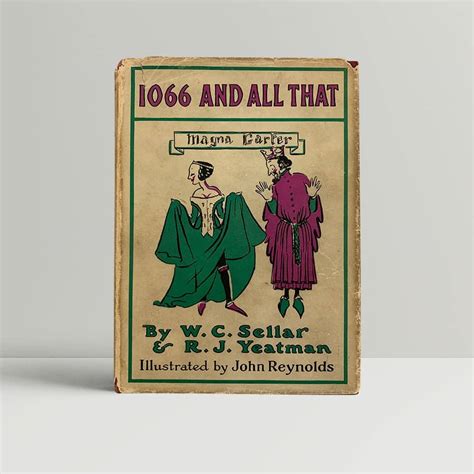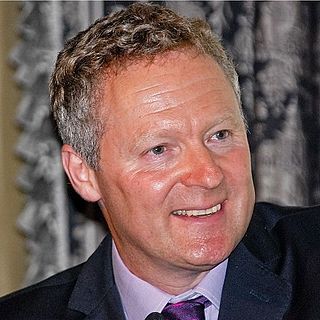A Quote by John Ralston Saul
After all, in both languages we were dealing in large measure not with English and French, but with Scots and Irish, Bretons and Normans ... There could be no more eloquent illustration of the colonial mind-set than a bunch of Celts and Vikings in a distant northern territory insulting each other as les Anglais and the French as if they were the descendants of the people who had subjected and ruined them.
Related Quotes
We once discussed which were the cleanest troops in the trenches, taken by nationalities. We agreed on a descending-order like this: English and German Protestants; Northern Irish, Welsh and Canadians; Irish and German Catholics; Scots; Mohammedan Indians; Algerians; Portugese; Belgians; French. We put the Belgians and French there for spite; they could not have been dirtier than the Algerians and the Portugese.
The Second World War had a precipitating effect in that it discredited the empires, as well as bankrupting them. Not only could you no longer, if you were a colonial subject of France in Africa, look to France as a model of power and influence and civility after what had happened in the war. Nor could the French any longer afford to run their empire. And nor could the British, although they were not discredited in the way that the French were.
It's a common mistake for vacationing Americans to assume that everyone around them is French and therefore speaks no English whatsoever. [...] An experienced traveler could have told by looking at my shoes that I wasn't French. And even if I were French, it's not as if English is some mysterious tribal dialect spoken only by anthropologists and a small population of cannibals.
An important United Nations environmental conference went past 6:00 in the evening when the interpreters' contracted working conditions said they could leave. They left, abandoning the delegates unable to talk to each other in their native languages. The French head of the committee, who had insisted on speaking only in French throughout the week suddenly demonstrated the ability to speak excellent English with English-speaking delegates.
I work in Hebrew. Hebrew is deeply inspired by other languages. Not now, for the last three thousand years, Hebrew has been penetrated and fertilized by ancient Semitic languages - by Aramaic, by Greek, by Latin, by Arabic, by Yiddish, by Latino, by German, by Russian, by English, I could go on and on. It's very much like English. The English language took in many many fertilizations, many many genes, from other languages, from foreign languages - Latin, French, Nordic languages, German, Scandinavian languages. Every language has influences and is an influence.
I could wish there were a treaty made between the French and the English theatres, in which both parties should make considerableconcessions. The English ought to give up their notorious violations of the unities, and all their massacres, racks, dead bodies, and mangled carcasses, which they so frequently exhibit upon their stage. The French should engage to have more action, and less declamation, and not to cram and to crowd things together to almost a degree of impossibility from a too scrupulous adherence to the unities.
The earthquake in Haiti was a class-based catastrophe. It didn't much harm the wealthy elite up in the hills, they were shaken but not destroyed. On the other hand the people who were living in the miserable urban slums, huge numbers of them, they were devastated. Maybe a couple hundred thousand were killed. How come they were living there? They were living there because of-it goes back to the French colonial system-but in the past century, they were living there because of US policies, consistent policies.
I knew I had that Cajun heritage, that Acadian heritage; I just feel it. And my gut says Irish on the other side. Irish and French, that's what I feel. When you're young, it doesn't matter so much, but as you get older, I would suspect part of the ageing process is to wonder about your ancestors - who were they? What were their lives like?



































